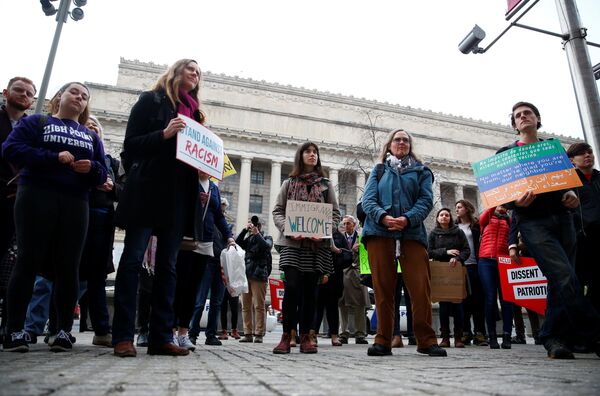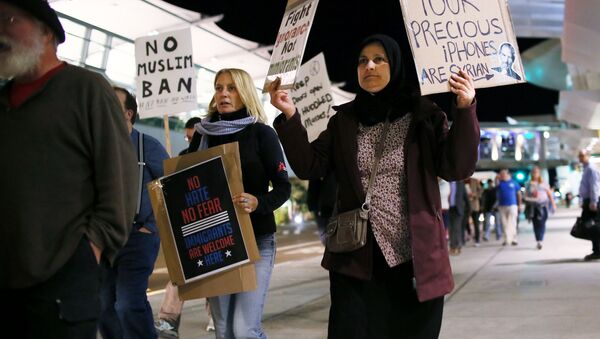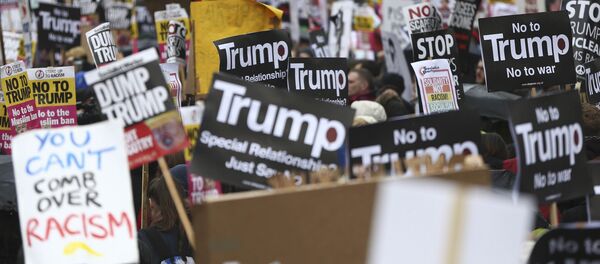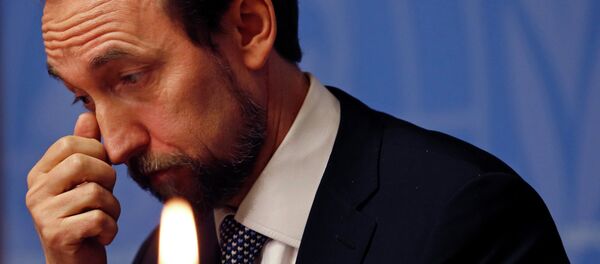The state of Washington, which was the first to oppose the original order, has affirmed that the order to suspend Trump's January decree would apply to its new version.
When asked about how different Trump's revised travel order is going to be, Stephen Wasby said that "not much" difference will be in place.
"This is competent legal writing, for the most part, that should have been there the first time," he said.
He referred to "some people" who he said suggest that the current US travel order is not "terribly different from some of the country's bans during the previous Democratic administration."
At the same time, he specifically pointed to the severity of Trump's travel order, saying that "we have not seen something like that before."
Also, he added, "we have not seen any indication of what their [the Trump Administration's] overall immigration policy is going to be," Wasby said, referring to the 90 days during which Washington pledged to outline its migrants-related policy.
When asked about the future of the new travel order, he predicted that much will depend on the Supreme Court's decision on the matter.

Meanwhile, after the protests in the state of Washington, five more states have joined Washington in its struggle, namely New York, Oregon, Minnesota, Massachusetts and Hawaii.
The state officials say that Trump's executive order is just as discriminatory and unconstitutional as the previous one.
The order omits Iraq, which was included in Trump’s original order signed in January. The document is due to take effect on March 16 at 12:01 a.m. (0501 GMT).
On January 27, Trump inked an executive order stopping admissions of Syrian refugees, placing a 120-day halt on other refugee programs and imposing a 90-day travel order on nationals from Iran, Iraq, Somalia, Sudan, Syria and Yemen, causing chaos at airports and protests around the country.
Have you heard the news? Sign up to our Telegram channel and we'll keep you up to speed!




